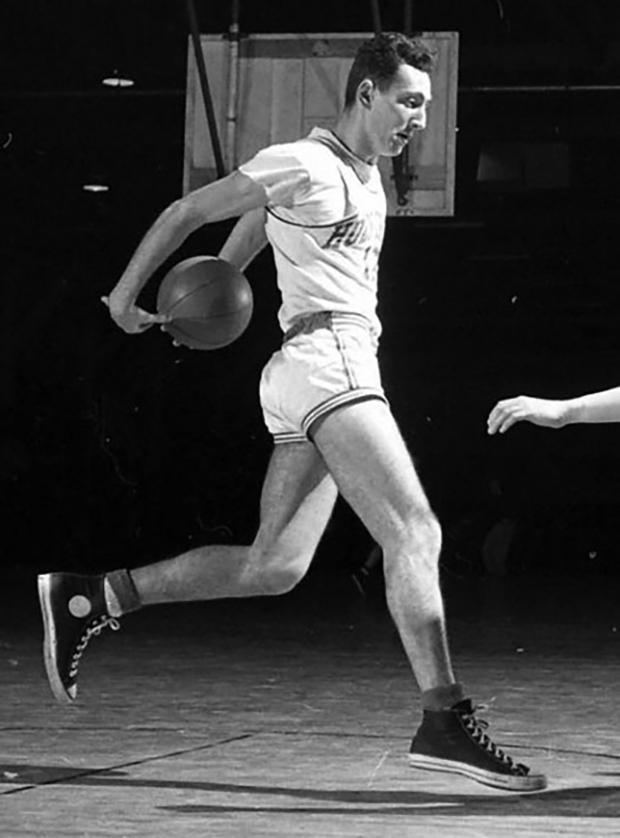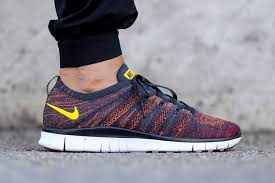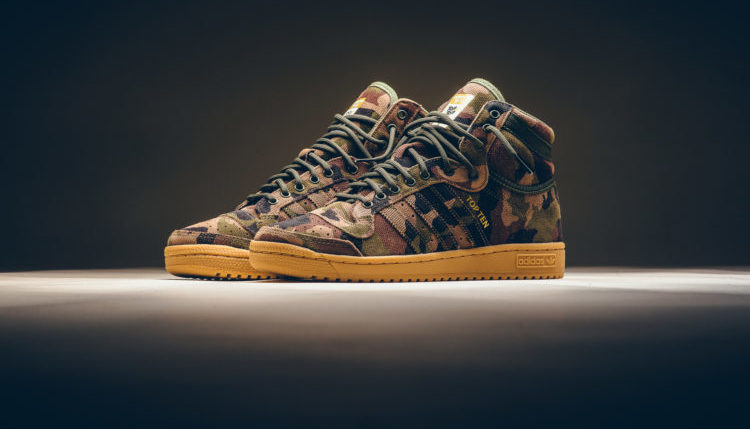The history of sneakers: a look at sneakerblog
 You probably own at least a dozen sneakers. Sneakers, sneakers, tennis shoes, moccasins, slippers, or whatever you call them – sports shoes have left their mark on our lives since their inception in the early twentieth century. Today we look back to reproduce the chronology of the origin and transformation of this iconic shoe, to see how they achieved such popularity.
You probably own at least a dozen sneakers. Sneakers, sneakers, tennis shoes, moccasins, slippers, or whatever you call them – sports shoes have left their mark on our lives since their inception in the early twentieth century. Today we look back to reproduce the chronology of the origin and transformation of this iconic shoe, to see how they achieved such popularity.
Charles Goodyear made rubber-soled shoes possible in 1839 when he invented the vulcanization process. The American inventor, who first conducted the vulcanization of rubber, a process that he discovered in 1839 and patented on June 3, 1844. Although this discovery rightfully belongs to Goodyear, there is modern evidence that Mesoamericans used stabilized rubber to produce balls and other objects as far back as 1600 BC. e. At the end of the 18th century, people wore rubber-soled shoes called canvas shoes, but they were rather rude and primitive, there was no division into the right / left foot.
Fashion archive: a look at the history of sneakers
One of the most popular areas of street style right now is the use of sneakers with a dress. This fashionable look is not only modern, but also comfortable, which fully reflects the lifestyle of European women. It log were eager to buy women’s sneakers and replace uncomfortable high platform shoes with them.
Sneakers have always had their own unique place in fashion. Maneuvering between form and functionality, they come in different silhouettes, have different purposes, as well as a number of fans with a wide variety of types of activity. There are those who use sneakers as casual shoes, while others treat them like cult shoes and collect whole collections of sneakers from different manufacturers as true connoisseurs.
Nowadays, sneakers have become an integral part of any person’s wardrobe. They go in for sports, go to work, walk. They are worn with jeans, business suits and evening dresses. It is absolutely impossible to imagine a world without sneakers; they are everywhere and everywhere. For all those who, like us, love this type of shoe, it will certainly be interesting to find out how it has changed from year to year over the decades.
First sneakers
The history of “sneaker culture” goes far beyond combining the perfect Nike pair with a short black dress. The sneaker is actually much older than you might think. Rubber-soled shoes existed at the end of the 18th century. However, these early versions of what we now know as sneakers are barely recognizable to us today. This was long before Charles Goodyear invented the vulcanization of rubber in the 1800s, which created significant potential for increased production of rubber-soled shoes. It was found that shoes with vulcanized rubber soles are ideal for athletes – the first pair of sports shoes with rubber soles was created for playing croquet and quickly spread to other sports.
Keds and Converse
The first sneakers launched into mass production of Keds steel. According to the manufacturer, they provided stability and stability superior to leather soles. Converse from Massachusetts quickly followed suit Keds and established its own production of shoes with rubber soles. In 1917, they released basketball shoes called the All-Star. These were the first high-top sneakers in the world: the fabric was cut so that it covered the ankle and provided support, while remaining light. In the 1920s, basketball player Chuck Taylor provided his athletic expertise for the shoe development process. This design has remained almost completely unchanged for almost a century, and is still very popular today as casual leisure shoes.
Fashion counterculture
The popularity of sneakers continued to grow in athletics, and in the 1950s, this form of sports shoe took to the streets. Sneakers were a complete contradiction of more fashionable formal shoes, they were cheap, practically did not require maintenance, and most importantly, they were considered offensive to social standards. Stars such as Marlon Brando and James Dean often wore them in films to cultivate “stranger” status with their characters. In the late 1950s, the dress code began to soften and sneakers could be found everywhere. Entire families wore them, and in the following decade, sneakers secured the glory of everyday shoes.
Air jordan
By the 1980s, sneakers began their ascent from casual to iconic shoes. It is this decade that is considered the birth of modern sneaker culture. In 1984, Nike, in collaboration with then-young offensive defender Michael Jordan, who played for the Chicago Bulls, released a collection of basketball shoes. Model Air Jordan 1 caused a lot of hype.




